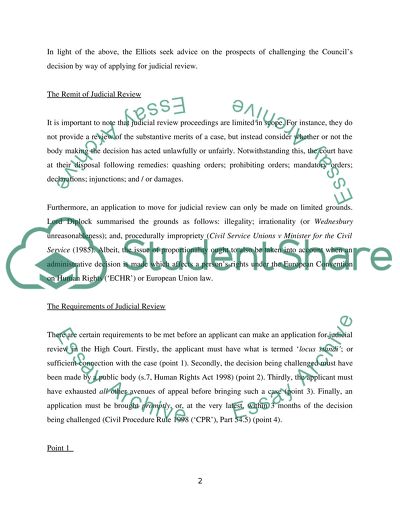Cite this document
(“Legal Advice Essay Example | Topics and Well Written Essays - 1250 words”, n.d.)
Retrieved from https://studentshare.org/law/1430037-administrative-law
Retrieved from https://studentshare.org/law/1430037-administrative-law
(Legal Advice Essay Example | Topics and Well Written Essays - 1250 Words)
https://studentshare.org/law/1430037-administrative-law.
https://studentshare.org/law/1430037-administrative-law.
“Legal Advice Essay Example | Topics and Well Written Essays - 1250 Words”, n.d. https://studentshare.org/law/1430037-administrative-law.


